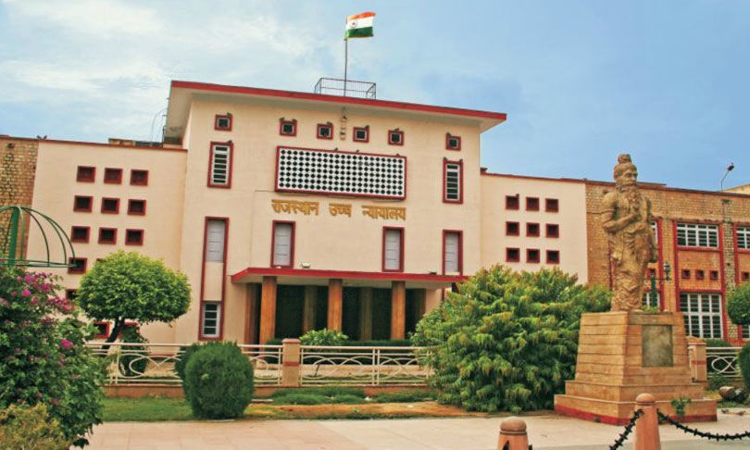The Rajasthan High Court has held that the authority is required to reach satisfaction that income chargeable to tax has escaped assessment but in cases where three years have elapsed from the end of the relevant assessment year, the order under Section 148A for issuance of notice could be passed if there were no statutory impediment as contained in Section 149(1)(b) of the Income...

